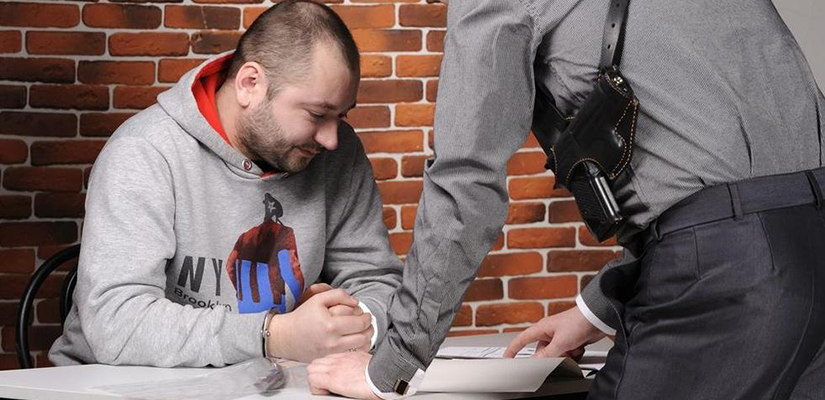California Gov. Jerry Brown has until mid-October to act on a bill that would require law enforcement to videotape interrogations of minors suspected or accused of murder. SB 569, which was introduced by Sen. Ted Lieu, is aimed at protecting minors from being coerced into confessions by investigators and reducing the chances of wrongful convictions. The bill recently won the approval of the state Assembly and the Senate. If you or your child was intimidated into a confession, it is important to retain an experienced California criminal defense attorney who can help you prove that the confession was made not reliable.
Benefits of Videotaping Interrogations
Proponents of the bill argue that minors act more impulsively during investigations and are not fully aware of the consequences they face. They are more likely to confess because they are submissive to authority figures. The Innocence Project reviewed the 311 post-conviction DNA exonerations in U.S. history and found that in 25 percent of them, the defendant made incriminating statements, confessed to the crime or pled guilty. A study conducted by the Journal of Criminal Law and Criminology in 2003 found that 55 percent of false confessions during interrogations came from juvenile defendants.
Recording interrogations would protect minors by requiring that the tape recording of the interview be made available to the prosecution and the defense. If the interrogation was conducted properly and a confession was still made, the videotape would prove it.
What Opponents are Saying
Opponents to the bill say that the costs are far too high for law enforcement. Not only will they have to install video cameras but many interrogation rooms will have to be reconfigured in order to accommodate for video recording. Law enforcement currently has the discretion to record interrogations.
The bill also states that judges will advise the jury to view any statements made while in custodial interrogation with caution if the statement was not recorded. Opponents of the bill see this as troubling because it can be taken as a suggestion that the evidence is not reliable.
What Wallin & Klarich Thinks
This proposed change in law would be a major step forward in protecting the rights of minors. In fact, we believe the proposed law should be expanded to require videotaping interrogations of all persons accused of murder or other serious felonies. Children are not the only ones who are coerced into confessing for a crime they did not commit. All accused persons should have the right to the presence of an attorney and the opportunity to have things explained to them in a way that matches their developmental ability. The cost of setting up cameras is well worth protecting our constitutional rights.
The knowledgeable criminal defense attorneys at Wallin & Klarich have over 30 years of experience protecting the rights of persons accused of criminal offenses. If you are facing criminal charges and the police coerced you into a confession, call us at (888) 280-6839 today so we can begin to help you.
We welcome your thoughts on this ongoing issue.




